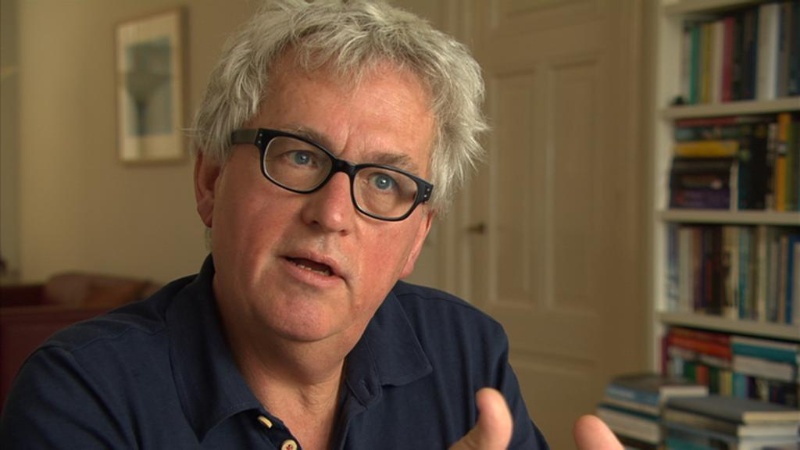After the first day of the Tong Tong festival, I took out my trusty blackberry (yes, it was 2009 and I was still using a blackberry) and double-checked the details my appointment with Professor Wim Willems, at the History Department of Leiden University. I emailed him to confirm. It was on.
Albert, one of my old friends, always makes it a point to visit the prevailing University in any new city he visits. Even if it is just a quick tour of the quad, it is a worthwhile tradition and I try my best to follow in Albert’s footsteps. And here was a chance to do so.
At the Tong Tong Festival, I saw a number of seller displays and official posters promoting the book: Tjalie Robinson: A Biography of An Indo-Dutchman, penned by Professor Willems[i]. It turns out that Tjalie Robinson was the founder of Pasar; this would be my chance to learn more about him.
Tjalie Robinson in the early years
As I strolled through the gardens and fountains of The Hague, I wondered to myself why there isn't more written material on the subject. Where is the popular imagination of these people and their lives?
Prof. Willems occupied a corner office on the 2nd floor of a building that exuded historically significance. The receptionist welcomed me in, and the Professor soon called me upstairs. He shook my hand, and asked me to take a seat. He looked like Colin Montgomerie if Montgomerie were an architect, not a golfer. He looked like someone you would like to have a beer with, but someone who also took a lot of pride in the precision of his words.
We had a great chat. Being a graduate student with no journalistic goals or expectations freed him and I both to just talk. I told him that my ethnic background was mixed, that my father is Hong Kong Chinese and my mother a White American. He made some remarks about how he and his countrymen were very excited to have Barack Obama as President of the U.S.A. (again, this was 2009).
Niceties aside, it didn’t take long to get into it. The Dutch are very direct, after all. It turns out that Tjalie Robinson was a well-known figure in 20th century Dutch literary history. Robinson possessed a rich, varied varied biography that showcased him as warrior-poet of sorts, an accomplished boxer and a man of letters who authored books and published highly lettered articles widely read in the Netherlands[ii]. He was also interned under the Japanese occupation of the Dutch East Indies during WWII. The sheer force of his life experience was probably enough to give Robinson an audience- but he cared deeply about all things "Indo," affording him a special authority.
This is image is unrelated to Tjalie Robinson, however, if you can read Chinese characters you can see the chop reads "Mixed Person Residents Affairs Bureau." The point being that the Indo's were a large enough constituency that the occupying Japenese had a special bureau for them.
He started a literary magazine devoted to Indo Life, and as we mentioned earlier was the driving force behind the Pasar festival. More importantly, he stood up for an Indo identity. He was a forebear of Western multiculturalism. Holland and Europe’s overall acceptance of it, like France and laïcité, owes much to figures like Tjalie Robinson who fought against the concept of assimilation. He was a vociferous critic of it. He was, according to some, singlehandedly responsible for keeping alive in Holland the literary voice of Indo culture, now long separated from the Dutch East Indies[iii].
[i] Willems, Wim. Tjalie Robinson. Biografie Van Een Indo-schrijver. Amsterdam: Prometheus-Bert Bakker, 2008. Print. To my knowledge the book is available only in Dutch.
[ii] See here for a brief biography: "Tjalie Robinson." Amerindo: A Portal for the Dutch Eurasian Indo Community in the United States. UC Berkeley, Web. 28 Apr. 2013. <http://amerindo.berkeley.edu/literature/tjalie-robinson/>.
[iii]Kousbroek, Rudy. Het Oostindisch Kampsyndroom. Amsterdam etc.: Olympus, 2005. Print. Also see the detailed Wikipedia page on Tjalie Robinson


